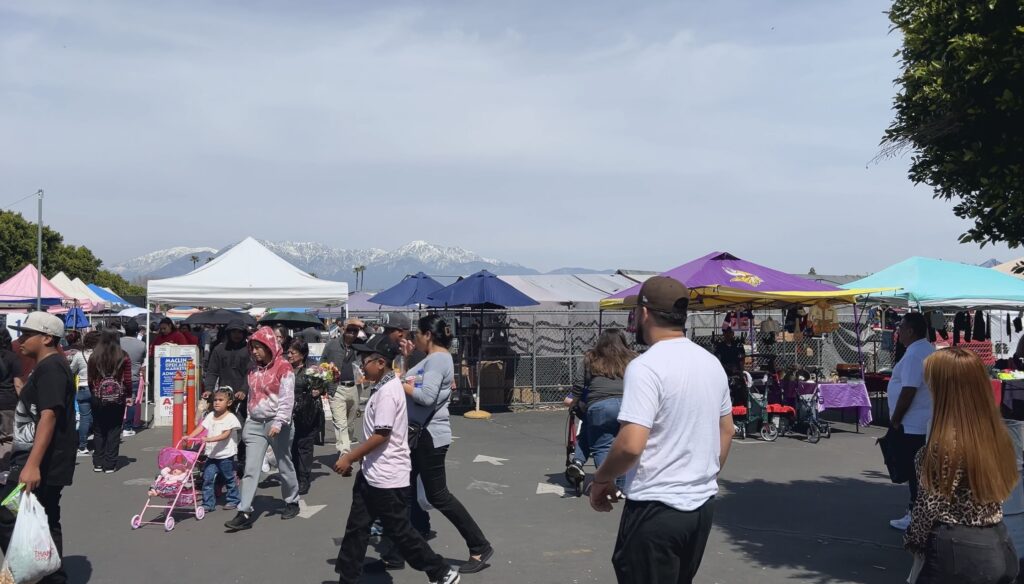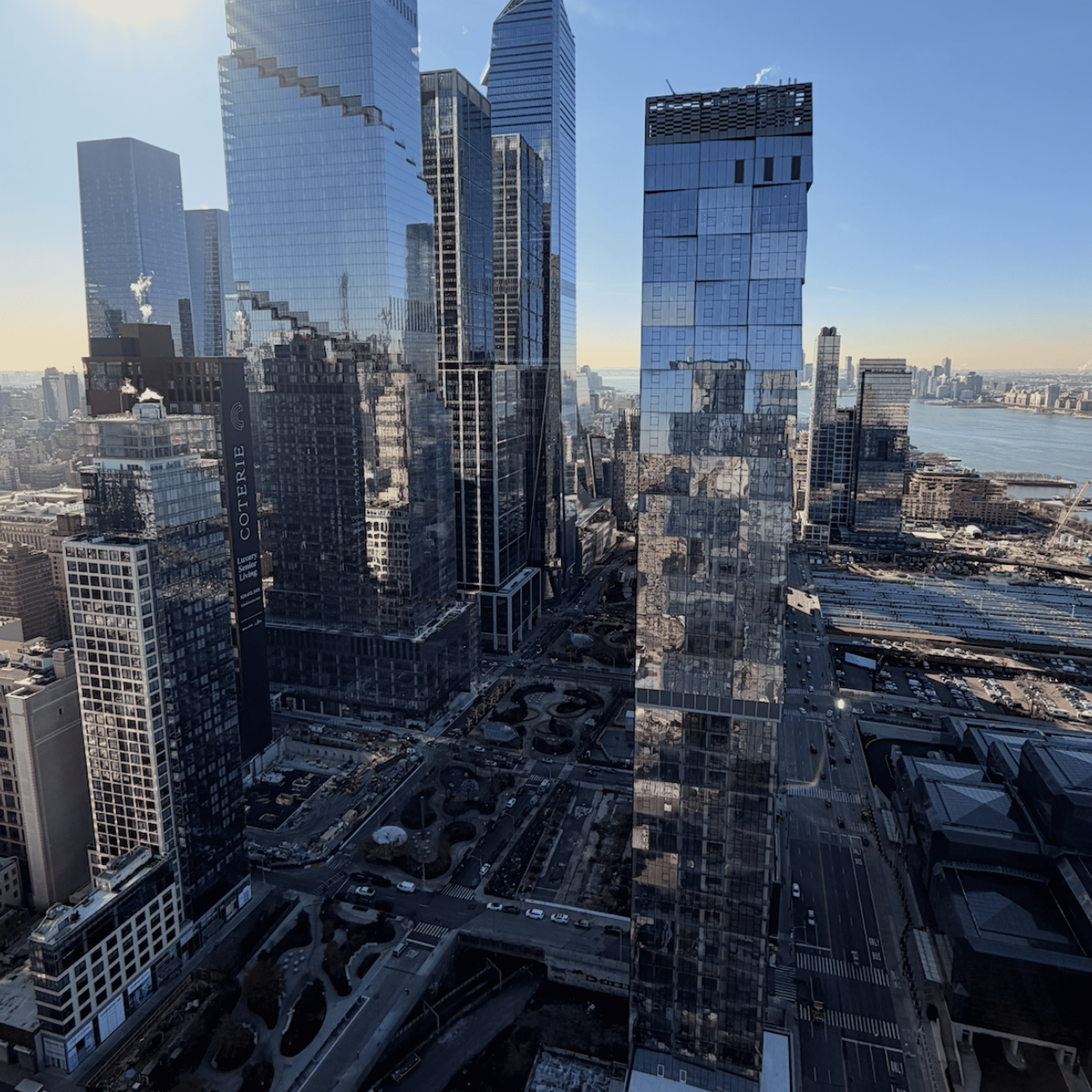(RIVERSIDE, Cal) —Tariffs issued by President Trump are creating significant economic challenges for businesses, especially those that rely heavily on imports like small businesses at the swap meet of Chino. These tariffs, particularly on goods from Mexico, Canada, and China, have disrupted supply chains and increased costs for many vendors.
At a flea market in Chino, CA, merchandise comes from Mexico, and the tariffs present a major hurdle. On one hand, they are facing higher costs due to the import fees; on the other, they have limited ability to absorb these additional expenses without passing them on to consumers. This is resulting in a pricing dilemma that is alienating customers and reducing sales.
In February, when the tariffs on imported Mexican goods went into effect, many vendors were caught off guard. Customs authorities at the border charged the tariffs, and vendors reacted ambivalent against the unexpected expense. The surprise element exacerbated the uncertainty, making it difficult for business owners to budget and adjust their pricing strategies.
This situation highlights a broader issue with the trade war, while large corporations may have the resources to handle such disruptions, small businesses are more vulnerable. Without the ability to absorb the increased costs or pivot quickly to alternative suppliers, many small business owners are left struggling to stay afloat amid the unsteady trade landscape.
The tariff chaos also underlines the importance of transparent communication and a stable regulatory environment for businesses. When Mr. Trump imposes tariffs with little warning, businesses, especially smaller ones, are left scrambling to adapt.


